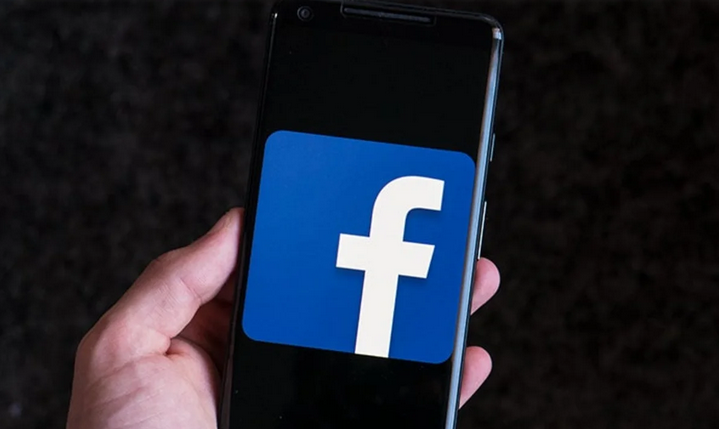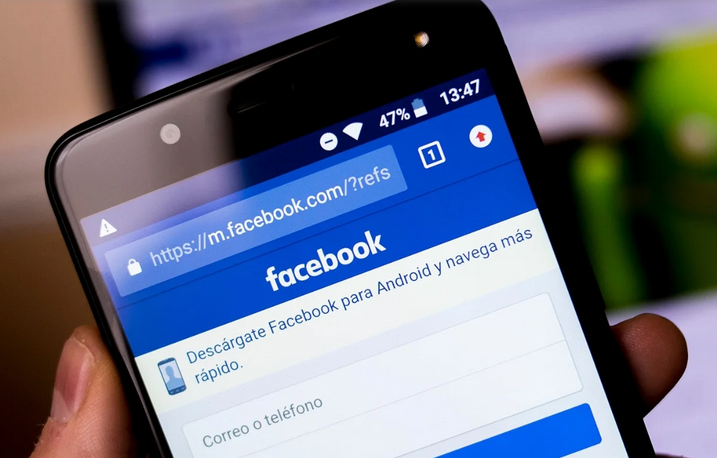At this point in 2018, I think it is unnecessary to remember how poorly optimized the Facebook application for Android is. On several occasions, we have commented why the best thing to do when saving resources on our Android mobile is to uninstall the Facebook app. What is the best alternative to use Facebook on Android without installing the social network app?
Many use third-party Facebook clients, while others go for the Lite version despite its limitations. However, the truth is that using Facebook on the mobile with dignity is much simpler than it seems, and it is not even necessary to install any app.
Use Facebook on your mobile without installing the app.

The Facebook application is full of functions and features, which we will not find in any other third-party client or the Lite version of the app itself. But if you have come this far, it is likely that you are not too interested in all these features -in many cases, useless for the vast majority of users-, and your only concern is to save resources on your mobile. At the same time, you continue using the social network most widely used on the planet.
If so, your best option will be to access Facebook through the browser. In this way, it is not necessary to download or install any app – beyond the browser itself, which will probably already be pre-installed on your device – and it will only consume resources when you are using the social network.
To use Facebook from the browser without installing the app, you have to access the social network’s website and log in. However, it is possible to go further and bring the web page to the home screen and use it as if it were another application. To do this, you have to follow these steps:
- On your mobile, open the browser and go to the Facebook page.
- Open the menu, and look for the option “Add to home screen” or similar.
- Accept to add the page to the home screen and click on the button home of the device. You will see how the Facebook icon appears on the main screen.
Now you have to click on the icon each time you want to enter Facebook, and you will not need to have the application installed to use the social network or enter the address of the web page in the browser each time you want to join Facebook.
Advantages and disadvantages of using Facebook through the browser

Of course, there are differences between using the Facebook application for Android and using the web page pinned to the home screen. As I mentioned before, the first of them is the lack of some of the application’s functions, such as the integrated access to Facebook Messenger, probably the main reason why some users continue to use the original Facebook applications.
Another disadvantage of using Facebook without an app could be the lack of push notifications. However, Chrome and other browsers have long offered the ability to enable push notifications on websites that allow it. To activate Facebook notifications, follow these steps:
- Open Chrome – or the browser you prefer to use – and access the app’s settings from the three-point menu.
- Enter the “Website Settings” section.
- Access the “Notifications” section, and see if the Facebook web address is included in the “Allowed” area.
- If not, unfold the “Blocked” section and search for the Facebook address.
- In the permissions section, activate the notifications and the sound if you want to receive the information as soon as available.
In this way, you will receive all Facebook notifications in the notification panel, in the same way as if you had the application installed on your phone.
Taking all this into account, the advantages of uninstalling the Facebook app and using its web version are more than obvious. On average, the installation of the Facebook app usually takes up a little more than half a GB of storage space, while the website will hardly reach 100 MB no matter how much the social network is used through the browser. Therefore, using the web version is an excellent way to save storage space on Android.
In addition, the Facebook app is famous for being a resource hog, capable of considerably reducing the performance of any device and draining the battery at a speed that few apps can reach even when it is in the background. That is why, to this day, and until Facebook decides to put on a diet its application for the most used mobile operating system on the planet, it will continue to be a better option to access the social network through its website and stay away. From your native app.

Sharlene Meriel is an avid gamer with a knack for technology. He has been writing about the latest technologies for the past 5 years. His contribution in technology journalism has been noteworthy. He is also a day trader with interest in the Forex market.









![How to Watch UFC 303 Live Stream Free [Updated 2024] UFC 259 Live Stream Free](https://techsmartest.com/wp-content/uploads/2022/03/UFC-259-Live-Stream-Free-100x70.jpg)